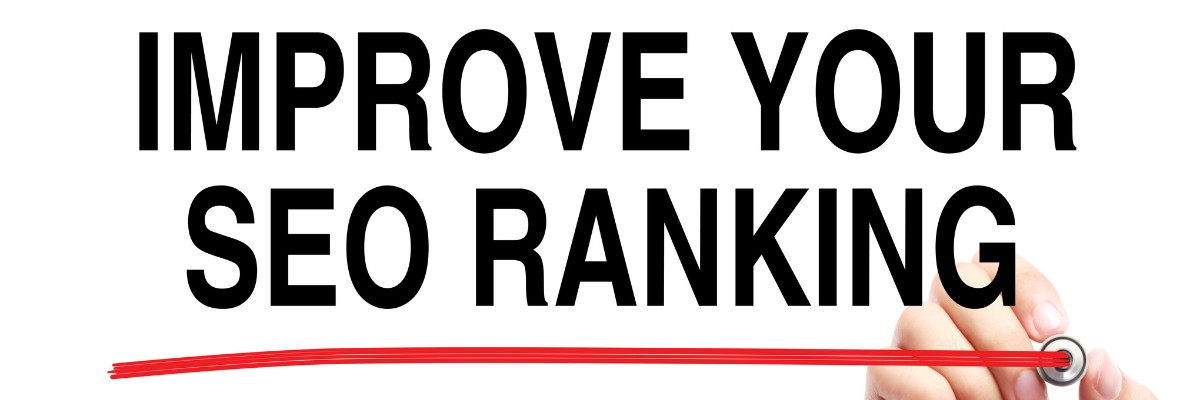
In today’s digital age, having a strong online presence is crucial for any business or individual. A website is one of the most important tools for building that presence. However, simply having a website is not enough. In order to drive traffic and build an audience, it’s important to optimize your website for search engines.
Search Engine Optimization (SEO) is the practice of improving the visibility and ranking of a website on search engine results pages (SERPs). By optimizing your website for search engines, you can increase your website’s visibility, drive more traffic to your site, and ultimately increase your revenue.
WordPress is one of the most popular content management systems (CMS) in the world. In fact, WordPress powers over 40% of all websites on the internet. WordPress is not only easy to use but also offers a wide range of SEO-friendly features and plugins that can help you optimize your website for search engines.
In this article, we’ll discuss some of the best WordPress SEO strategies and tips that you can use to boost your website’s rankings.
Choose a SEO-friendly theme
The first step to optimizing your website for search engines is to choose a SEO-friendly theme. A theme is a design template that determines the layout, style, and functionality of your website.
There are thousands of WordPress themes available, but not all of them are SEO-friendly. When choosing a theme, look for a theme that is lightweight, fast, and optimized for SEO. A good theme should also be mobile-friendly, as more and more people are accessing websites from their mobile devices.
Install a SEO plugin
One of the best ways to optimize your website for search engines is to install a SEO plugin. A SEO plugin can help you optimize your content for search engines by providing suggestions and tools to improve your website’s SEO.
There are many SEO plugins available for WordPress, but one of the most popular and effective ones is Yoast SEO. Yoast SEO is a free plugin that helps you optimize your website’s content, meta descriptions, and titles for search engines. It also provides a readability analysis that helps you improve the readability of your content.
Optimize your content
Optimizing your content is one of the most important aspects of SEO. Your content should be informative, engaging, and relevant to your audience. It should also include keywords that your target audience is searching for.
When optimizing your content, make sure to include your primary keyword in your title, meta description, and throughout your content. However, make sure not to overuse your keywords, as this can negatively impact your SEO.
Use internal linking
Internal linking is the practice of linking to other pages within your website. Internal linking is important for SEO because it helps search engines understand the structure of your website and the relationship between different pages.
When using internal linking, make sure to use descriptive anchor text that accurately reflects the content of the page you’re linking to. This will help search engines understand the context of your links and improve your website’s SEO.
Optimize your images
Images are an important part of any website, but they can also slow down your website’s loading speed if they’re not optimized. Slow loading speeds can negatively impact your website’s SEO, as search engines prioritize fast-loading websites.
To optimize your images, make sure to compress them before uploading them to your website. You can also use descriptive file names and alt tags to help search engines understand what your images are about.
Use social media
Social media is a great way to promote your website and drive traffic to your site. By sharing your content on social media, you can increase your website’s visibility and build an audience.
When sharing your content on social media, make sure to include a link back to your website. This will not only drive traffic to your site but also improve your website’s SEO. Social media signals are becoming an increasingly important factor in search engine rankings, so having a strong social media presence can have a positive impact on your website’s SEO.
In addition to sharing your content on social media, you should also encourage your visitors to share your content. Include social sharing buttons on your website to make it easy for your visitors to share your content with their followers.
Monitor your website’s performance
Monitoring your website’s performance is important for identifying areas for improvement and measuring the effectiveness of your SEO strategies. There are many tools available for monitoring your website’s performance, including Google Analytics and Google Search Console.
Google Analytics provides insights into your website’s traffic, including where your visitors are coming from and which pages are most popular. Google Search Console, on the other hand, provides information about how your website appears in search engine results pages, including your website’s ranking for different keywords.
By monitoring your website’s performance, you can identify areas for improvement and make adjustments to your SEO strategies to improve your website’s rankings.
Optimizing your website for search engines is essential for building a strong online presence and driving traffic to your site. WordPress offers many SEO-friendly features and plugins that can help you optimize your website for search engines.
In this article, we discussed some of the best WordPress SEO strategies and tips, including choosing a SEO-friendly theme, installing a SEO plugin, optimizing your content, using internal linking, optimizing your images, using social media, and monitoring your website’s performance.
By implementing these strategies, you can improve your website’s rankings, drive more traffic to your site, and ultimately increase your revenue. Remember, SEO is an ongoing process, so it’s important to regularly monitor your website’s performance and make adjustments to your SEO strategies as needed.
